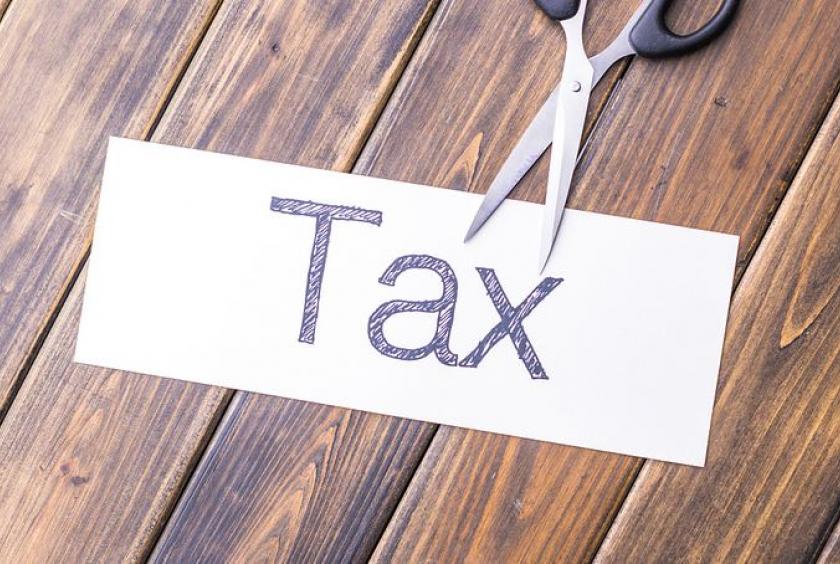Individual taxpayers in China could receive additional tax deductions starting on Tuesday, after filling out personal information on a specially developed government app.
The new individual income tax app, offered by the country's tax authority, the State Administration of Taxation, was launched on Monday. It was designed to collect taxpayers' applications for additional deductions, one of the most important parts of China's individual income tax reform.
Individual taxpayers can claim tax deductions through the app, which can be downloaded by scanning a QR code. Aside from digital forms on the app, paper forms also are available.
The deductions cover six categories: children's education, continuing education, treatment for serious diseases, mortgage interest, rent and eldercare.
Taxpayers who submit the applications may receive the additional deductions when they receive their January salary. Individual income tax would be levied on their income after deducting a certain amount related to any of the six items or other statutory deductions, according to the taxation authority's website.
Foreigners living in China who meet certain requirements can benefit from the new tax deductions like local residents. Another option for them is to choose exemptions for expenses related to housing, language training fees and children's education expenses.
Those exemptions are available to them for three years starting this year. As of 2022, foreign residents in China can receive only the special tax deductions available to all individual taxpayers, according to a separate statement from the tax authority.
The additional tax deductions attracted wide attention because they could benefit most individual taxpayers, and they are seen as a highlight of China's individual tax reform, said Zhang Zhigang, a PwC individual income tax partner.
"The tax authority has done as much as possible to make it convenient for taxpayers to claim the deductions," said Zhang, adding that for taxpayers, the biggest challenge might be properly understanding the specific conditions for each deduction.
"Individual taxpayers need to know clearly their own situation to match the requirements of the new rules," he added.
China accelerated individual tax reform in October, when new tax brackets were introduced. The minimum threshold for individual income tax was raised from 3,500 yuan ($509) to 5,000 yuan per month.
"From a global perspective, cutting individual income tax is an effective measure to implement proactive fiscal policy. It can raise disposable income, with the objective of boosting consumption and increasing aggregate demand," said Liu Yi, a professor at Peking University's School of Economics.
CITIC Securities forecast that the higher threshold for individual income tax could reduce the number of individual taxpayers to 64 million, compared with 187 million before the reform.
Cheng Lihua, vice-minister of finance, said that the threshold changes may reduce tax revenue by nearly 320 billion yuan annually.
The new deductions, meanwhile, could save taxpayers up to 116 billion yuan each year, according to Nomura Securities, a Tokyo-based securities company.
China will implement its proactive fiscal policy with larger tax cuts this year, and more effective measures will be unveiled in the coming months, officials said. The aim is to strengthen economic growth and deepen supply-side structural reform, according to the policy tone-setting annual Central Economic Work Conference held in December.
Finance Minister Liu Kun pledged last week to implement "inclusive and structural tax cuts" this year, with the priority on easing the burden on manufacturing as well as on small and microsized businesses. Technology startups will also be offered tax cuts and exemptions, Liu said.
http://www.chinadaily.com.cn/a/201901/02/WS5c2c04ffa310d91214051f69.html










